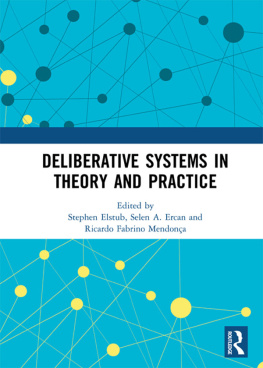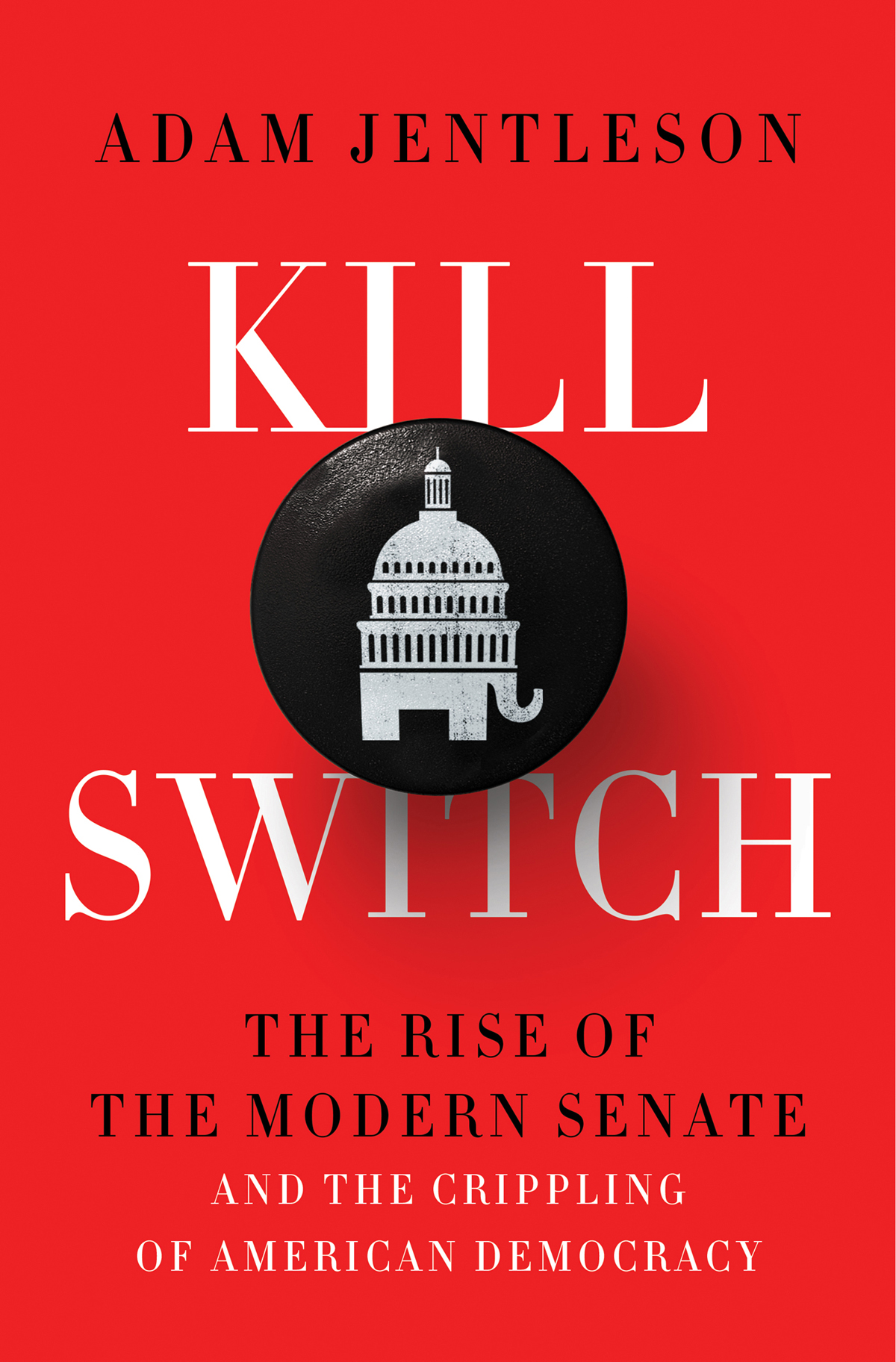Adam Jentleson - Kill Switch: The Rise of the Modern Senate and the Crippling of American Democracy
Here you can read online Adam Jentleson - Kill Switch: The Rise of the Modern Senate and the Crippling of American Democracy full text of the book (entire story) in english for free. Download pdf and epub, get meaning, cover and reviews about this ebook. year: 2021, publisher: Liveright, genre: Politics. Description of the work, (preface) as well as reviews are available. Best literature library LitArk.com created for fans of good reading and offers a wide selection of genres:
Romance novel
Science fiction
Adventure
Detective
Science
History
Home and family
Prose
Art
Politics
Computer
Non-fiction
Religion
Business
Children
Humor
Choose a favorite category and find really read worthwhile books. Enjoy immersion in the world of imagination, feel the emotions of the characters or learn something new for yourself, make an fascinating discovery.

- Book:Kill Switch: The Rise of the Modern Senate and the Crippling of American Democracy
- Author:
- Publisher:Liveright
- Genre:
- Year:2021
- Rating:3 / 5
- Favourites:Add to favourites
- Your mark:
Kill Switch: The Rise of the Modern Senate and the Crippling of American Democracy: summary, description and annotation
We offer to read an annotation, description, summary or preface (depends on what the author of the book "Kill Switch: The Rise of the Modern Senate and the Crippling of American Democracy" wrote himself). If you haven't found the necessary information about the book — write in the comments, we will try to find it.
An impeccably timed book. . . . Jentleson understands the inner workings of the institution, down to the most granular details, showing precisely how arcane procedural rules can be leveraged to dramatic effect. -- Jennifer Szalai, *New York Times*
An insiders account of how politicians representing a radical white minority of Americans have used the worlds greatest deliberative body to hijack our democracy.
Every major decision governing our diverse, majority-female, and increasingly liberal country bears the stamp of the United States Senate, an institution controlled by people who are almost exclusively white, overwhelmingly male, and disproportionately conservative. Although they do not represent a majority of Americans--and will not for the foreseeable future--todays Republican senators possess the power to block most legislation. Once known as the worlds greatest deliberative body, the Senate has become one of the greatest threats to our democracy. How did this happen?
In Kill Switch, Senate insider Adam Jentleson contends that far from reflecting the Framers vision, the Senate has been transformed over the decades by a tenacious minority of white conservatives. From John Calhoun in the mid-1800s to Mitch McConnell in the 2010s, their primary weapon has been the filibuster, or the requirement that most legislation secure the support of a supermajority of senators. Yet, as Jentleson reveals, the filibuster was not a feature of the original Senate and, in allowing a determined minority to gridlock the federal government, runs utterly counter to the Framers intent.
For much of its history, the filibuster was used primarily to prevent civil rights legislation from becoming law. But more recently, Republicans have refined it into a tool for imposing their will on all issues, wielding it to thwart an increasingly progressive American majority represented by Barack Obamas agenda and appointees. Under Donald Trump, McConnell merged the filibuster with rigid leadership structures initially forged by Lyndon Johnson, in the process surrendering the Senates independence and centrality, as infamously shown by its acquiescence in Trumps impeachment trial. The result is a failed institution and a crippled democracy.
Taking us into the Capitol Hill backrooms where the institutions decline is most evident, Jentleson shows that many of the greatest challenges of our era--partisan polarization, dark money, a media culture built on manufactured outrage--converge within the Senate. Even as he charts the larger forces that have shaped the institution where he served, Jentleson offers incisive portraits of the powerful senators who laid the foundation for the modern Senate, from Calhoun to McConnell to LBJs mentor, Richard Russell, to the unapologetic racist Jesse Helms.
An essential, revelatory investigation, Kill Switch ultimately makes clear that unless we immediately and drastically reform the Senates rules and practices--starting with reforming the filibuster--we face the prospect of permanent minority rule in America.
Adam Jentleson: author's other books
Who wrote Kill Switch: The Rise of the Modern Senate and the Crippling of American Democracy? Find out the surname, the name of the author of the book and a list of all author's works by series.










